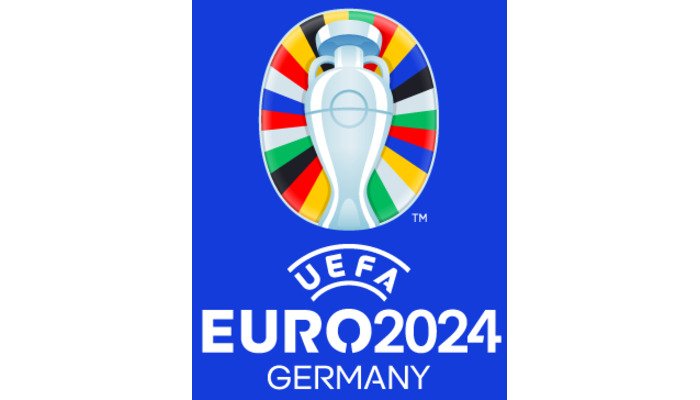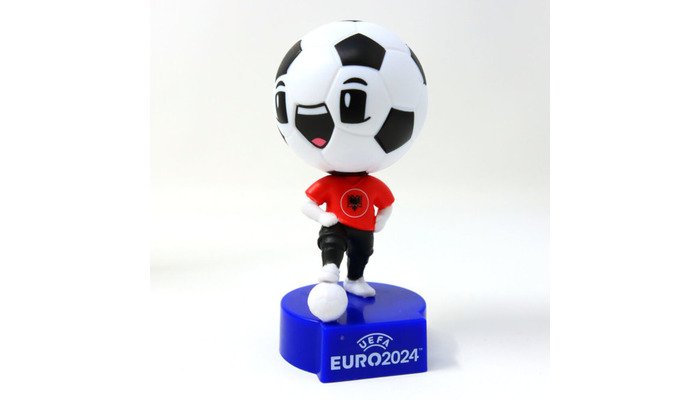UEFA stands for Union of European Football Associations
- First Euro Final Nations No Longer Exist: The inaugural European Championship in 1960 saw the Soviet Union and Yugoslavia play in the finals. Interestingly, both nations no longer exist, having split or broken up.
- Czechoslovakia’s Historic Win: In 1976, Czechoslovakia faced West Germany in the final. After a 2-2 draw, the match went to penalties, and Czechoslovakia emerged victorious, securing their only Euro title.
- Michel Platini’s 1984 Goal Spree: French legend Michel Platini scored seven goals in the group stage of Euro 1984. He continued his form, helping France lift the trophy with a total of nine goals.
- Winning Without Qualifying: Yugoslavia was disqualified from Euro 1992 due to ongoing wars, and Denmark replaced them. The Danes shocked everyone by winning the tournament, defeating Germany 2-0.
- Golden Goal Finals: UEFA introduced the golden goal rule in 1993. The 1996 and 2000 Euro finals were decided by this rule, where the team scoring in extra time would progress.
- 2004 Euro Final Upset: In the 2004 edition, underdogs Greece stunned the hosts Portugal by winning the opening game 2-1. They went on to face Portugal again in the finals and secured a 1-0 victory, lifting the Euro 2004 trophy.
- Oldest Goal Scorer: In Euro 2008, Austrian striker Ivica Vastic became the oldest goal scorer at the age of 38 years and 257 days, netting a penalty against Poland.
- Spain’s Three-Peat: Spain achieved an unprecedented feat by winning three consecutive Euros (2008, 2012, and 2016). Their tiki-taka style of play left a lasting impact on football history.
- Six Joint Top Scorers in Euro 2012: Euro 2012 had six players finish with three goals each. Spain’s Fernando Torres won, playing the fewest minutes to achieve this feat.
- Euro 2020 Delayed to 2021: Due to the COVID-19 pandemic, Euro 2020 was postponed by a year and held in 2021. It was a unique edition played across multiple countries.
UEFA European Championship winners, runner-ups, and prize money from 1960 to 2022
| Year | Winner | Runner-Up | Prize Money (EUR) |
|---|---|---|---|
| 1960 | Soviet Union | Yugoslavia | Not awarded |
| 1964 | Spain | Soviet Union | Not awarded |
| 1968 | Italy | Yugoslavia | Not awarded |
| 1972 | West Germany | Soviet Union | Not awarded |
| 1976 | Czechoslovakia | West Germany | Not awarded |
| 1980 | West Germany | Belgium | Not awarded |
| 1984 | France | Spain | Not awarded |
| 1988 | Netherlands | Soviet Union | Not awarded |
| 1992 | Denmark | Germany | Not awarded |
| 1996 | Germany | Czech Republic | €1,000,000 |
| 2000 | France | Italy | €1,000,000 |
| 2004 | Greece | Portugal | €2,500,000 |
| 2008 | Spain | Germany | €7,500,000 |
| 2012 | Spain | Italy | €7,500,000 |
| 2016 | Portugal | France | €8,000,000 |
| 2020 | Italy | England | €10,000,000 |
| 2021 | Italy | England | €10,000,000 |
Please note that the prize money was introduced starting from the 1996 tournament. For the most up-to-date standings of UEFA EURO 2024, you can visit the official UEFA website here or check the BBC Sport page here.




